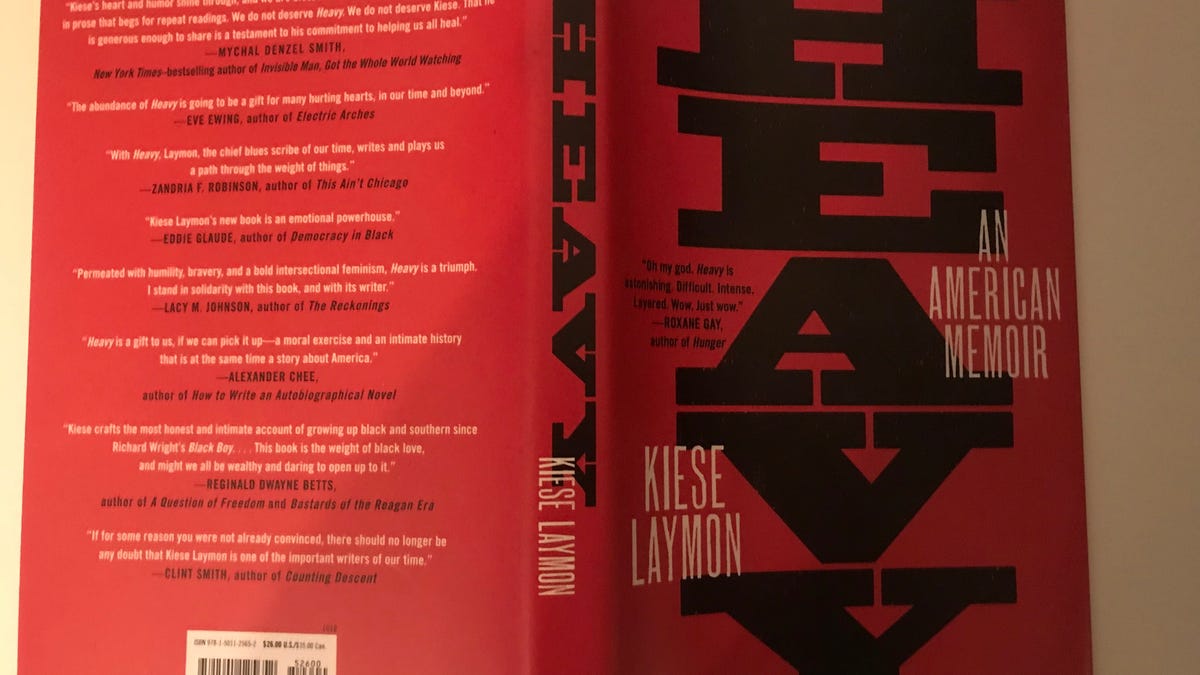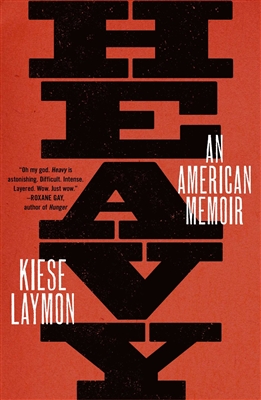


Rather than binging, he begins to starve and overexercise, and he gets thinner and thinner. In college, racist students target him and his girlfriend after he starts writing for the school newspaper, and he develops a new eating disorder. Laymon’s survival, he finds, depends on his ability to present a “respectable” face, and his fatness makes his blackness even less acceptable to the white world he has to deal with. His friend LaThon, finding delight in a dry vocabulary list, expresses the power of words in Laymon’s life when he coins the phrase “black abundance”-a phrase that Laymon will return to as an expression of that which he loves in himself, in spite of having been taught self-hate. Language, joyful or suppressed, becomes a major theme of Laymon’s life. His beloved grandmother has to do white people’s dirty work to get by his white teachers and schoolmates judge and underestimate him and his black friends his mother, fearful, teaches him to avoid white violence by using scrupulously “correct” white-coded language. Even as a child, he has a deep awareness of how the lines of oppression run: men are taught to hurt women, white are people taught to hurt black people, adults are taught to hurt children, and straight people are taught to hurt gay people.Īs Laymon grows up, he gets heavier and heavier as he confronts the racism that surrounds him. He feels deeply not only his own pain, but the pain of the women around him. Instead, he turns his grief and rage on himself, using food to force down his feelings. Laymon can’t talk about any of this with his mother. His mother’s on-again, off-again boyfriend is violent, too. At home and at neighbors’ houses, Laymon experiences and witnesses sexual violence: a babysitter abuses him, and he sees older boys raping girls and younger boys. Laymon begins his story in Jackson, Mississippi, where he spent most of his childhood. Their complicated relationship, and the lies they have to tell to get through their lives, underpin Laymon’s memoir. Laymon’s mother was a brilliant and dedicated professor who encouraged Laymon to read and write, but often beat him and leaned on him for emotional support a child could not provide. That “you” turns out to be Laymon’s mother, and the rest of the book is addressed to her.

Laymon says in his book’s first pages that he will not write the palatable, uplifting “American memoir” that an unnamed “you” wants him to write.


 0 kommentar(er)
0 kommentar(er)
